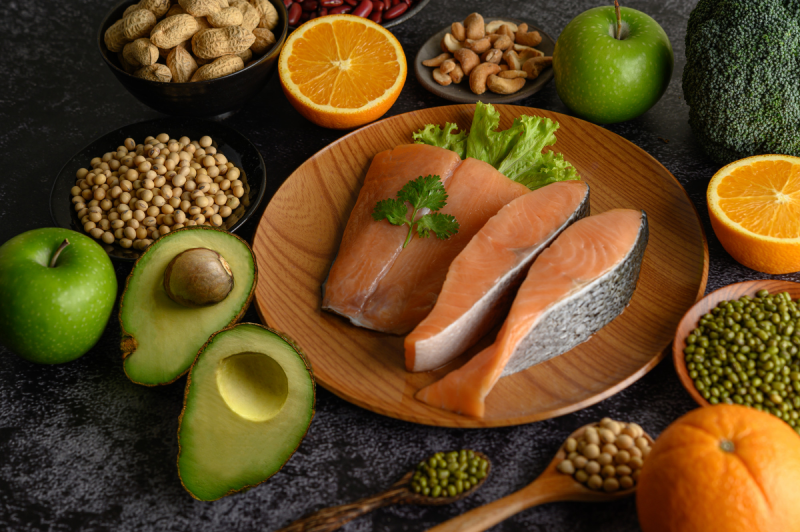You often hear that electrolytes are essential for your keto lifestyle. In this article you’ll find out why, and how to deal with loss of electrolytes on a keto diet. Let’s get started by briefly defining electrolytes. They are mineral salts which when dissolved in a liquid (blood for instance) have an electric charge. In other words, electrolytes in our blood exist as mobile positive and negative ions.
When you switch to a keto diet, your carb intake decreases drastically. The corresponding reduction in insulin production leads to loss of water, hence soluble mineral salts of sodium, magnesium and potassium are also lost. As a result, these main electrolytes are out of balance and you might experience uncomfortable symptoms like fatigue, nausea, cramps, headaches, drop in blood pressure, palpitations.
How to avoid this?
- Stay hydrated, drink 1.5 to 2 liters of water daily and avoid too much dehydrating drinks like tea or coffee.
- Boost your potassium intake by eating foods naturally rich in dietary potassium, for example avocados, spinach sprouts, seaweed, and aromatic herbs.
Read the full article of Go-keto for more tips. Go-keto is an online boutique which offers a variety of keto friendly foods and supplements that shall accompany you throughout our keto program.




